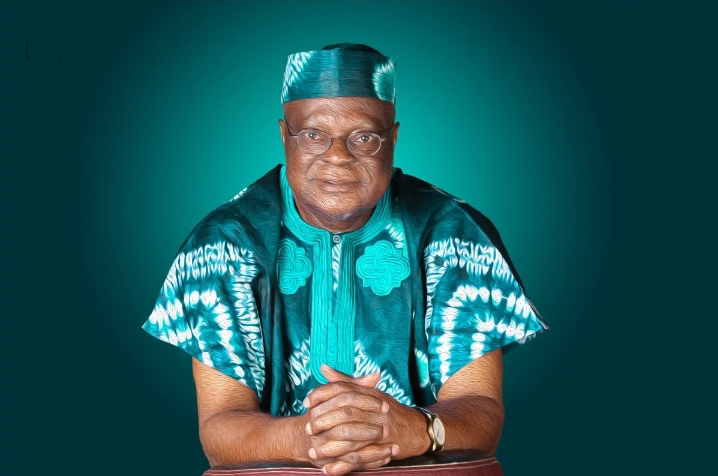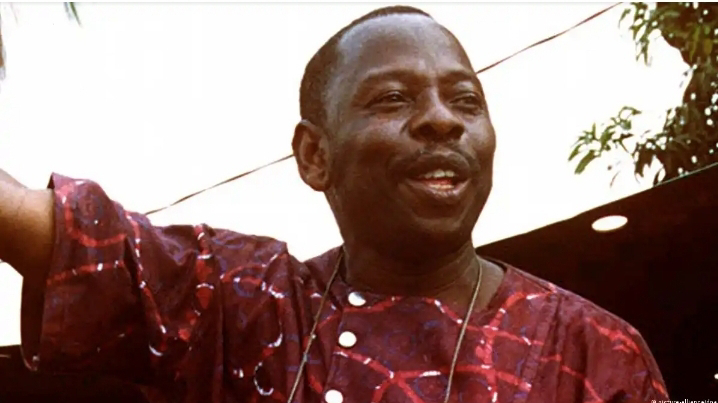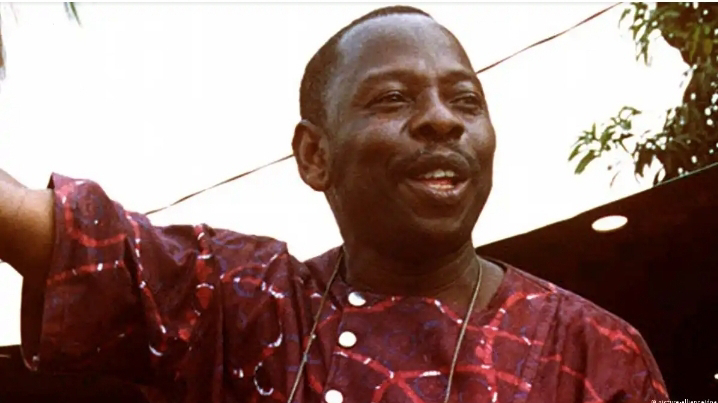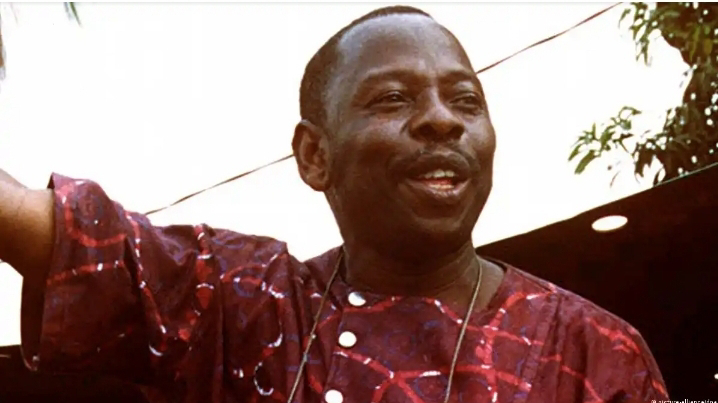(for Baroness Blixen)
ONE
Beautiful
& very touching
a lady fell in love with Africa
& made it a porcelain of her youth
scripting her adventurous life
into the yielding loom of the forests
lavish, breath-taking landscape
& always, in the background—
huge shadows—
walk the owners of the land
tamed
unlike the royal elephants
unlike the buffaloes
the numerous birds—
tamed
to serve the white lady
with their ever grinning teeth
TWO
The beautiful film is a hymn to wild things
to the white lady, refusing to bend to the male
commandments of colonial rule
or to the diktat of husband
in the conscripting laws of English marriage
or the shame of venereal disease
near fatal
always holding her head high
holding firm
even after the capricious betrayal of a safari lover
(who has to die later in a plane crash
so as to further test her dignity)
apt too, that in the end, the film tells us
that lions camp over the lover’s grave
(in tribute)
he who had always hunted them
paying homage to the kindred spirit
of this wild stranger in a wild land
even if he hunted and killed them
THREE
Oh all the beautiful things are wild
The lions as well as the unending plains
The water that will not be damned
But must return to Mombassa
The woman that will defy her womanhood
To pursue her husband into the very face of war
(& bring death back with her, in her vagina)
who would raise coffee beans
on highland, against the tested
(but obviously foolish) wisdom
of the native Kikuyus—
FOUR
Yes, Kikuyus, my Africans
not even a note for you in the lady’s last lament—
her poem is for the land forsaken
her two closest Africans being the boy
she healed of sores and taught to cook
(and then left behind)
and the faithful houseboy
so obviously lost
in a love that if spoken
would have begotten a scandal
FIVE
She left—and never came back, we’re told—
(what’s left to return to?)
This beautiful lady
who caught so much of the poetry
of Africa
and schooled the natives so well
in the art of bending
that many decades afterwards
after she and her countrymen have departed
black colonials now rule in Kikuyuland
served by bending servants,
black men armed with the same whips
well cut for black flesh
with the same half-literate cooks
decorating their kitchens, and
with the same mute lips, taught that
to speak of the love of freedom
is to be chased into the wilderness
or to shallow graves unknown to loving lions
unknown to the songs of today’s other
Blixens…
SIX
Yes, all the beautiful things are untamed
The beautiful life of a woman is
a paean, untamed,
to the goddess of wildness
& abandon in a wild colonial land
Some lives are as free and fierce as the lore of lions
(some lives, armed with guns…)
so fierce the film
so fierce and shattering
surging in ancient truths on the love of a woman
like the resurgence of ancient myth
the vast landscape
reminding us of Africa’s beauty
(especially where the natives have not been
trespassing)
& of Africa’s loss…
SEVEN
But why despair?
we’ve always been in the background
in the wild adventures of their books
Films such as this prolong the pain:
but do not despair—
We haven’t the means ourselves to show our lives
at their stark & grandiose moments:
but the day will come—
Moments when we are alone by ourselves
& are just being beautiful, by ourselves…
but the day will come—
No weapons of our own to show our pure sufferings
those moments when our faces are not just masks
but sensitive skins & tender voices:
Moments when our wounds bleed blood, red like
others, red like all blood…
but the day will come—
Ase, Edumare…
EIGHT
Here in Limoges
I mourn Africa
I mourn myself
in the mirror of strangers
I feel pain on behalf of all of us
who have remained nameless across the ages
like a vague and formless ghost
in the mirror of our guests
the shadow
against which the white man defines himself
NINE
Yes—our land is beautiful
even if, as they say,
we are mere receptacles of history
onlookers, who carry the bags
while the white men tame our lions
& our land…
That is the story they tell us
& our children:
but the day will come—
when Okinba will no longer
be mourning,
& history will be awake in our hands,
oh the day will come—
when Okinba will be singing
in his own voice
oh the day will come—
telling our own stories
singing our own songs.
Femi Osofisan
Babafemi Adeyemi Osofisan is a Nigerian professor and writer born on June 16, 1946 in Ogun State, Nigeria, who is well-known for his literary works that criticize societal issues and incorporate African traditional performances and surrealism in some of his plays. His plays often revolve around the struggle between good and evil. He is a didactic writer who aims to rectify the decaying state of society through his works. Additionally, he has written poetry under the pen name Okinba Launko.




















